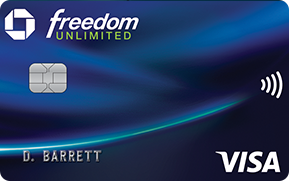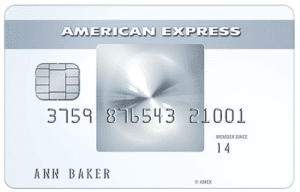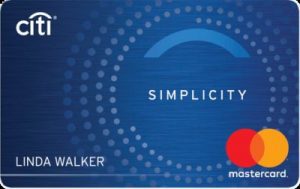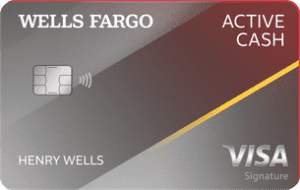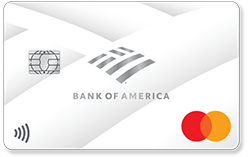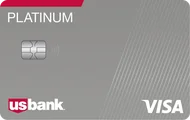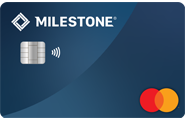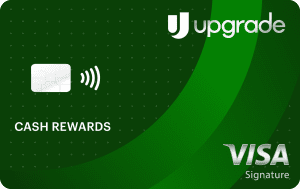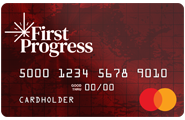Table of Content
The number one way to avoid the risk of credit card debt is to completely cancel all of your cards and never use them again.
But that makes it difficult if you have an emergency in the future. Plus, it’s going to hurt your credit score, making it harder to get a car loan or a mortgage in the future.
Still, it’s possible to make good decisions about your credit cards and to make sure that you aren’t getting into too much debt.
In this chart using data from Urban Institute, you can see that the age group 43 to 47 carries the highest average credit card debt. This age group has almost double the credit card debt of their under 32 year old counterparts or seniors aged 68+.
It's just one of those things that happens without warning or even when you feel powerless to stop it. It is, nonetheless, feasible to remain debt-free. To prevent sliding into a debt trap, use these measures.
1. Keep the Budget
If you don’t have a budget it gets extremely difficult to figure out how much money you actually need to run your home.
Not to mention it’s nearly impossible to figure out what to do with some of the money that comes in.
That’s why people tend to use credit cards so much, to help them get through the hard times until they get back to a good one. Without cash on hand, a credit card is the easiest way to take care of things.
The best way to work out a budget, however, is with the 50/30/20 plan.
- 50% of any income goes toward the necessities
- 30% of any income goes toward for the fun stuff and things you want
- 20% of any income goes toward debts and savings accounts
Sign Up for
Our Newsletter
and special member-only perks.
2. Pay Your Balance Monthly
The best thing you can do for yourself is to have a zero balance on your credit card each month. That doesn’t mean you don’t use the card.
It just means you pay it off at the end of the month so the next month starts with nothing. What’s really great about this is you get to borrow money for the things you want and need, but you don’t have to pay interest on it.
You just have to make sure you pay off the full balance of everything you charged that month (what shows on your statement) before the due date.
Paying Your Balance Monthly Has Additional Benefits
You’re going to get the benefits of building up your credit and keeping a low credit utilization ratio, plus all the rewards and you’re never going to have to pay interest. That’s the best place you can be if you’re using credit cards.
If, on the other hand, you decide to only pay the minimum every month you’re going to end up deep in debt. Think about it this way. Say you have a $10,000 balance on your credit card and your interest rate is 17.5%. Your minimum monthly payment is only 2.5% of the balance, meaning it’s only $250.
That sounds like it’s not as bad, but it’s going to take you over 5 years to pay off your balance! And that’s only if you don’t charge anything else in the meantime.
Make sure you know everything there is to know about your interest rates because that’s how you’ll know what you’re entitled to.
3. Spend - Only If You Can Pay It Off
You don’t necessarily have to keep things low, as long as you can afford whatever you put on your credit card.
If you’re good at managing the card and you have a good income you’re going to get a larger credit limit, but that doesn’t mean you have to use it.
You should still make sure you’re not charging anything you can’t afford. That’s one way you’re really going to be able to keep your debt down.
So make sure you have your own credit limit, one that’s lower than the full limit on the card.
Sign Up for
Our Newsletter
and special member-only perks.
Sign Up for
Our Newsletter
and special member-only perks.
4. Cut Down The Cards You Use
You shouldn’t be using more than two credit cards at any given time. That means no matter how many you have you should only have a balance on two max at any time. It’s easy to spend more and more until you don’t know how you got into this mess if you’re using more credit cards.
You have to manage the balances, and the payment schedules and the limits and you end up struggling to do any of it. Just how many cards is going to be too many? Well, it’s difficult to say, but pay attention to how you spend.
For some people it’s best just to have one card in use. For others it’s okay to have two. Having more though isn’t a good idea and especially if you find yourself looking for more cards so you can spend more.
The best thing you can do is to figure out what type of habit you want to break and then figure out how you’re going to replace those habits.
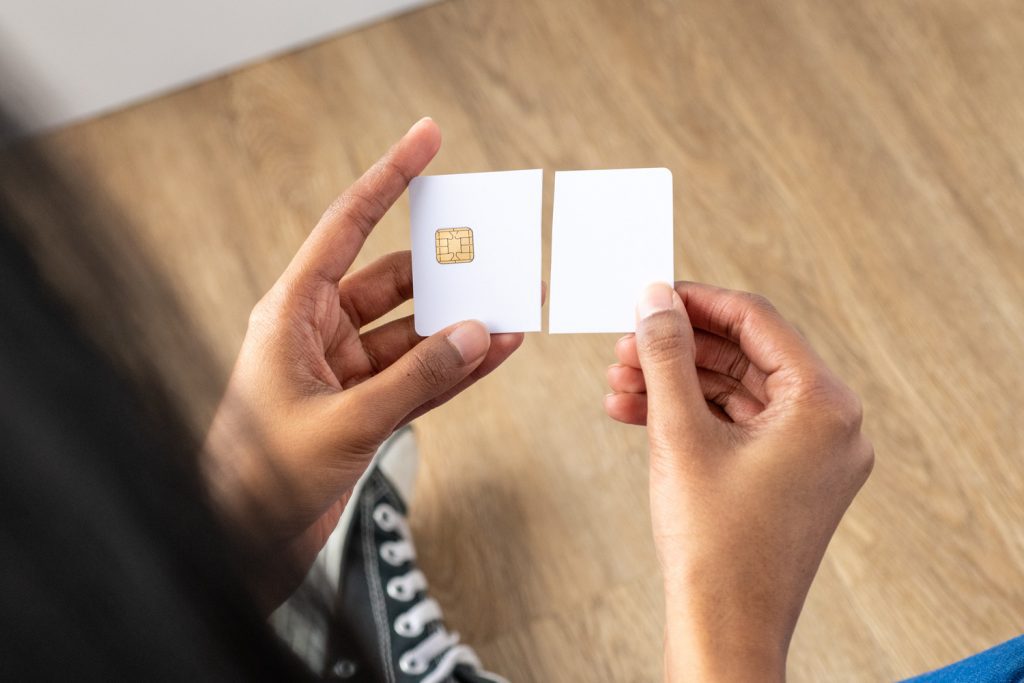
5. Skip the Cash Advance
Getting a cash advance costs you money, a lot of money. Because you’re going to get fees for the charge and you’re going to pay even higher interest rates than on anything else you do.
It’s rarely ever going to be worth the cost, and you’re going to be paying for it for a long time.
6. Know Your Own Spending Weakness
Everyone has a weakness about certain things that they buy a lot more of than other things. So figure out what your weakness is.
It might take going through your statement or your house or talking with friends and family.
Find out what ways you can cut back on your spending. It might be something like this:
- Using more than your data allotment for your cell phone
- Going out to dinner more often than eating at home
- Buying more of something that you already had
- Impulse shopping online
- Binging on sales because the deal is too good
This chart created with Experian data, highlights the significant increase in the average credit card limits in the last decade. Credit card limits have consistently increased with an overall increase in the recent 10 years.
This chart created with Experian data, highlights the significant increase in the average credit card limits in the last decade. Credit card limits have consistently increased with an overall increase in the recent 10 years.
7. Don’t Max Out Your Credit Card
You definitely don’t want to max out your credit card for any reason. For one thing, it’s going to be really difficult to pay off if the balance is too high.
For another, you’re not going to have a buffer in case you have an emergency and need to charge something.
Yet another problem is that you’re going to have a high credit utilization rate and that’s going to hurt your credit score. You want to keep that debt down so your score looks better to those who are checking.
8. Cut the Late Payments
When you make a late payment and have to pay that penalty it may not seem like a big deal, until you take a closer look at the bill.
Then you see that a late fee could be as much as $40, for just one. Paying multiple cards late could cost you as much as $100, and that’s just one month.
That money is definitely something you could be better spending in another way, don’t you think?
For those who have trouble keeping track of their payment due dates and therefore making the payments, it’s possible to set up automatic payments instead, with a bill pay service.
9. Use Balance Transfers Smartly
Okay, so there are some times when a balance transfer might look good because it comes with a low or no interest offer.
But they always have fees associated, so it’s important to take a closer look to make sure you don’t pay more on the fee than you would in interest.
Card | 0% Intro | Balance Transfer Fee |
| Chase Freedom Unlimited® | 15 months on purchases and balance transfers | $5 or 5% |
|---|---|---|---|
| 15 months on purchases and balance transfers | $5 or 3%, whichever is greater | |
| Citi Simplicity® Card | 12 months on purchases and 21 months on balance transfers | $5 or 5% (whichever is greater) |
| Wells Fargo Active Cash | 15 months on purchases and qualifying balance transfers | $5 or 5% (the greater) |
| BankAmericard® credit card | 21 billing cycles on purchases and balance transfers made within the first 60 days | 3% or $10, whichever is greater |
| U.S. Bank Visa® Platinum Card | 20 billing cycles on purchases and balance transfers | $5 or 3% (the greater) |
10. Keep Your Emotions in Check
Did you know that neuroscientists believe that emotions have a huge part in the decisions that we make?
In fact, it’s been found that love, envy, pride, entertainment, vanity, fear, guilt and a whole lot more play a part in whether we decide to purchase something.
When it comes to emotional purchases there may not even be a need involved at all. Instead, it could be some outside force that impacts us and convinces us that we need to make that purchase.
What it means for you is that this type of purchase is based on impulse and on recommendations from others. You may not need the item at all or you may not need it as urgently as you think.
You likely don’t even think about looking at other options or try to find out if something else is a better one. It’s a purely emotional decision from the start.
In general, there are certain types of products that are purchased because of wants and emotional reasons rather than based on need.
11. Switch to Debit
A debit card is similar to a credit card in one very important way, you get to swipe a card on the machine. It’s also beneficial because you don’t have to carry cash.
But you can’t get in trouble with it because it’s tied to your bank account. If there’s no money in the account you can’t make a purchase. That means there’s no way for you to go into debt with this card.
Of course, it’s important to note that some debit cards now come with overdraft protection, which means your bank will let the card go through if there’s no money and will, therefore, allow you to overdraw your account. You want to avoid that system and the charges.
Why It's Good to Avoid Credit Card Debt?
One of the most effective methods to ensure a solid financial future is to avoid debt. Here are three reasons why credit card debt is bad for your financial health and why you should avoid it:
- Credit Score – If you have credit card debt and a low credit score, you should expect to pay a lot more money than your friends with strong credit scores.
- Fees – Credit card firms make nearly as much money on fees as they do on interest charges. You should expect a large late fee if you make a payment late. If you exceed your credit card limit, you will be charged an additional cost. You may have to pay an annual fee if you want a special-reward credit card.
- Interest rates – Credit card firms charge interest rates on some cards that are more than double that rate, which isn't going to help your finances when you're borrowing money with double-digit interest rates.
Bottom Line
The biggest thing for you to remember when it comes to your credit card is moderation.
Make sure that you use it only to simplify your life and to make things easier in the long term as well as the short term.
Don’t let spending get to be too much of a temptation where you get yourself into debt. Instead, figure out where you can spend smart and where you should be thinking twice.
Top Offers From Our Partners
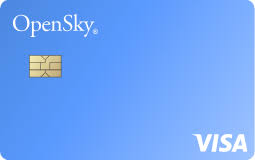
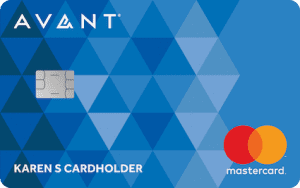
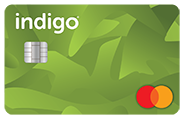
Advertiser Disclosure
The product offers that appear on this site are from companies from which this website receives compensation.
FAQs
While getting into debt can be an anxious situation, you don’t need to worry about getting sent to jail for your credit card debt. There are only a few financial situations where you may incur a jail sentence, such as failure to pay child support or taxes.
So, although getting into credit card debt is not an ideal situation, unless you are deliberately fraudulent, you should have no worries about jail.
Most credit card companies allow balance transfers, so you can transfer credit card debt to another card. However, it is important to be aware that this may incur fees, unless you are within an introductory period. You also need to consider the rates on both cards. There is no point in transferring the debt if the difference in rate is negated by the balance transfer fee.
If you do want to transfer the balance of your credit card to another card, it may be a good idea to look for a card with a low introductory rate. This will allow you to pay down the card balance without spending a great deal on interest fees.
If you are struggling with your credit card debt, you may be able to come to an arrangement with your lender.
Many lenders are prepared to negotiate credit card debt with customers in financial distress. You may be able to agree to an interest freeze or even a settlement amount, where you can pay off less than your current balance and have the account resolved.
So, if you are having difficulties with your credit card debt, be sure to speak to your lender, who may be able to help.
Consolidation is a common way to deal with credit card debt. If you have several credit cards, you may be able to obtain a consolidation loan at a lower rate. Just be sure to check the full terms and conditions. Even if the rate is lower, if the loan term is longer, you will end up paying more in the long term.
If you have good credit and a smaller amount of credit card debt, you may be able to consolidate into a new card, with preferential terms. If you obtain a card with a 0% introductory rate, it will allow you to concentrate on bringing down the card balance without needing to cover any interest.
If you die any credit card debt that you leave behind will be part of your estate. This means that before any assets are distributed to your surviving spouse or heirs, the debt must be paid. So, if you made provisions to leave the balance of your assets to your children, the credit card debt will be paid from any liquid assets before the remainder is distributed.
